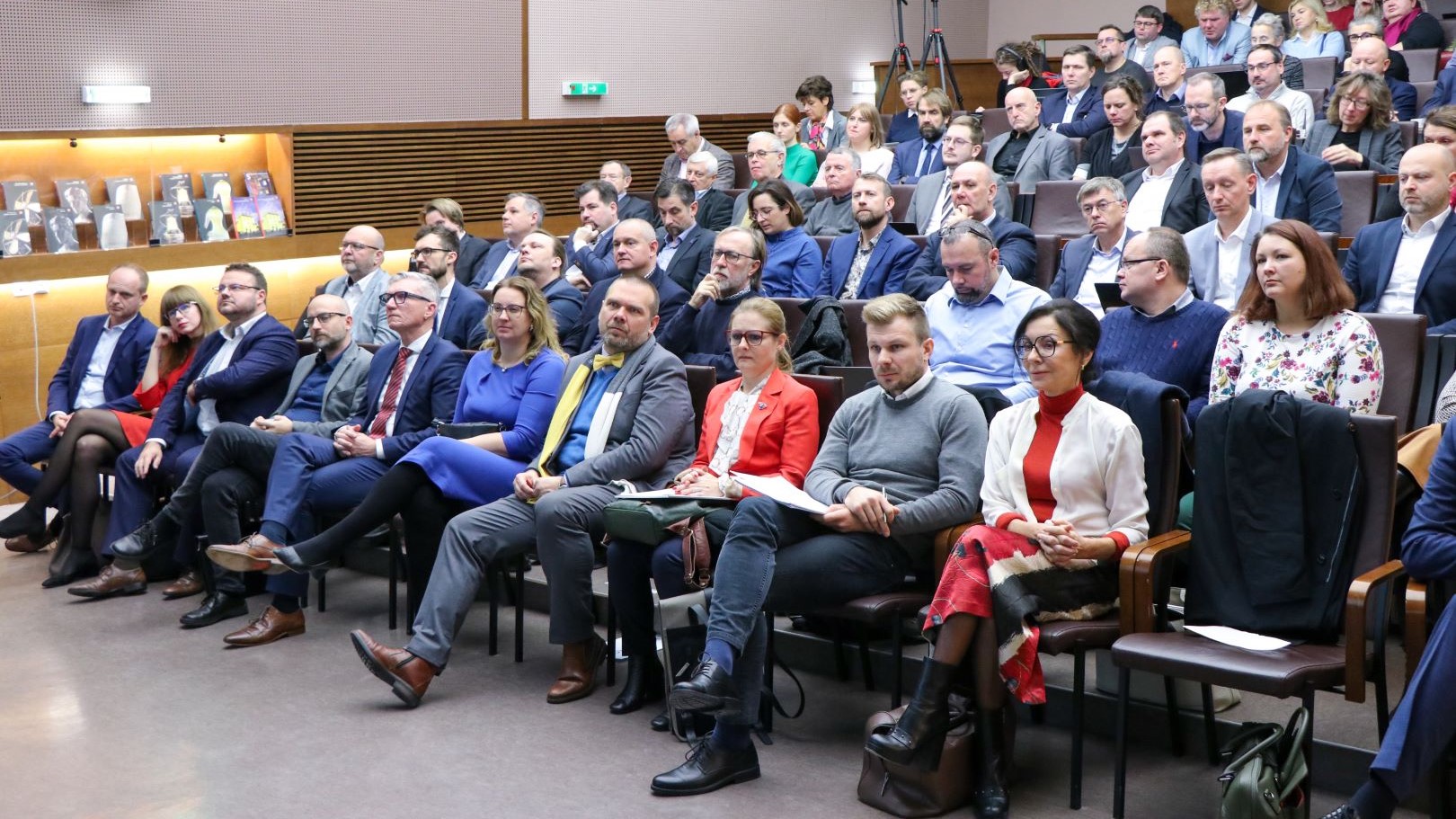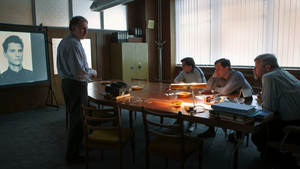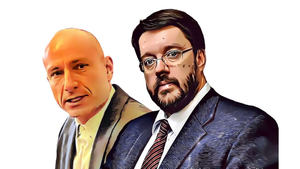Czech Ministry of Culture initiates working groups for public service media reform

The Czech Ministry of Culture has established two working groups to deliberate on the future public services of Czech Television and Czech Radio.
These groups, featuring representatives from the ministry, public broadcasters, private media, and the Chamber of Commerce, will hold their initial meeting in early January, aiming to present their conclusions in the spring.
This initiative, announced by Deputy Minister Michal Šašek, marks a collaborative approach to media reform in the Czech Republic.
Proposed media law sparks debate among stakeholders
The upcoming discussions follow concerns about a major media amendment proposed by the government. Major areas of dispute involve raising the TV and radio fees for households, broadening the scope of what constitutes a receiver to encompass computers and mobile phones, and implementing flat fees for businesses determined by the number of their employees.
Industrial and business unions have expressed dissatisfaction with the proposal for companies to pay fees irrespective of receiver ownership. Private media, on the other hand, worry about the potential increase in public institutions' budgets. They argue that a financially stronger Czech Television could disrupt market prices by investing more in program production.
In response to these concerns, the private sector has urged the Ministry of Culture to halt the media amendment's preparation. They advocate for a thorough expert discussion on the roles and financial needs of Czech Television and Czech Radio in the 21st century before proceeding with the new law.
Ministry of Culture pauses amendment
The Ministry of Culture has currently paused the amendment to review received comments. Deputy Minister Šašek indicated that the government's final version presentation would wait until after the working group meetings, likely leading to a government discussion in the spring.
Minister of Culture Martin Baxa (Civic Democrats) has reassured commercial media that the amendment does not aim to harm the private sector. He emphasizes the government's recognition of both private media and independent public service media's importance in a free media market. This commitment extends to ensuring stable and sustainable financing for Czech Television and Czech Radio.
Private media have acknowledged the significance of public service media in a democratic society but have concerns about vague definitions and overly flexible laws that could allow Czech Television and Czech Radio excessive freedom in their operations.
Notably, there's ongoing debate about Czech Radio's news server iRozhlas, which, according to some private online publishers, competes unfairly for internet users' attention due to its ad-free nature.
Seeking more specific boundaries for public service
The Ministry of Culture is contemplating setting more specific boundaries for public service through a lower legal standard, such as a decree or charter, to be renewed every five years. This approach would allow for a more flexible reflection of technical and social changes and could lead to a consensus with commercial media, potentially smoothing the legislative process.
Michal Feix, vice-chairman of the Association for Internet Development, referenced the European Commission's 2009 guidelines on state support for public broadcasting, emphasizing the need for a precise definition of public service missions.
Zdeněk Zajíček, president of the Chamber of Commerce, advocates for a comprehensive discussion on public service definition, standards, evaluation criteria, investment in multimedia, cost management, technical development, distribution platforms, and intellectual property protection.
Marína Urbániková from Masaryk University highlighted that fee-based financing of public service media is common in the European Union, with Austria recently adopting a flat fee model irrespective of receiver ownership or content reception method.




